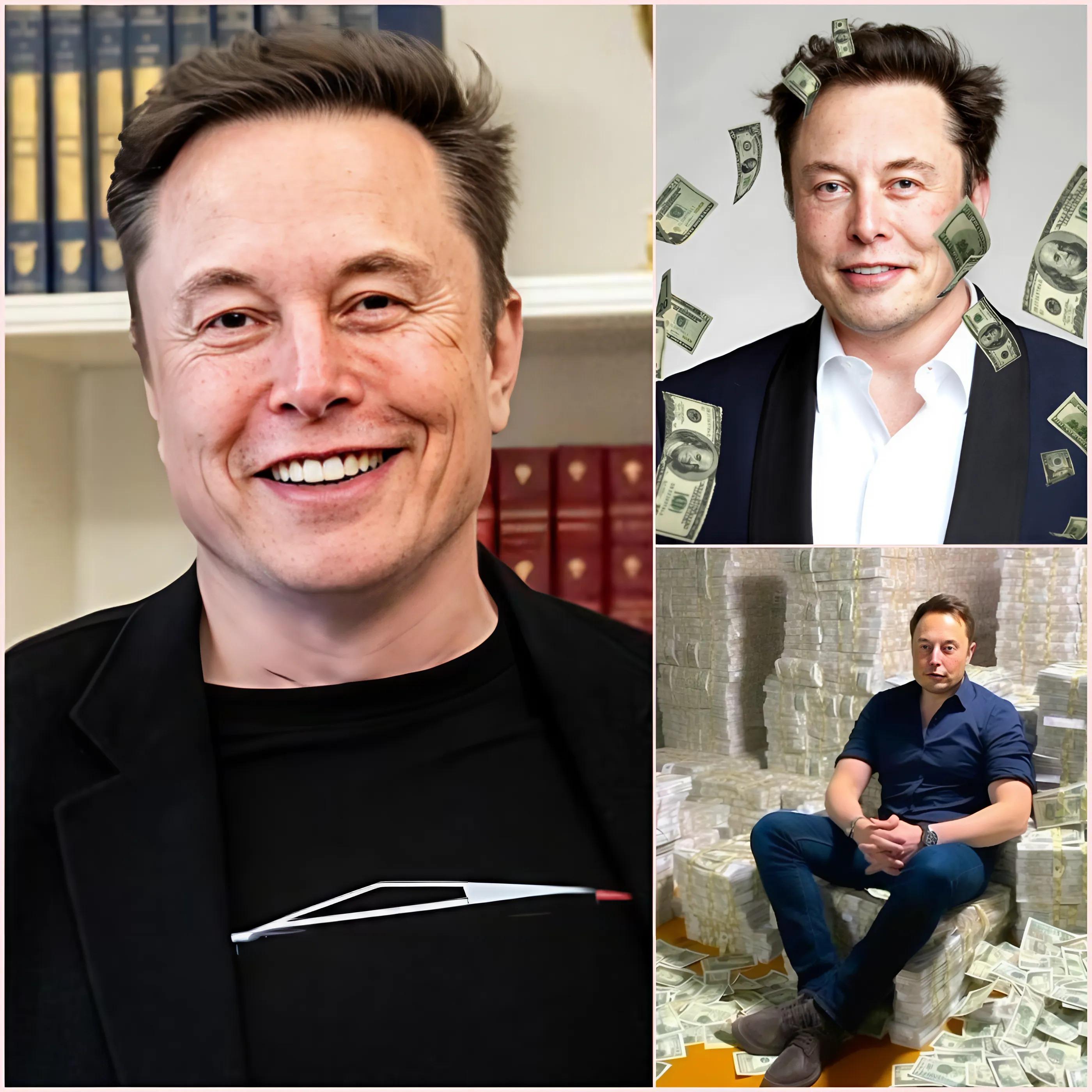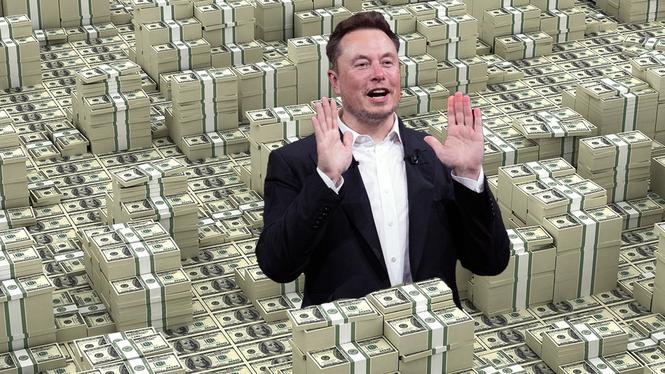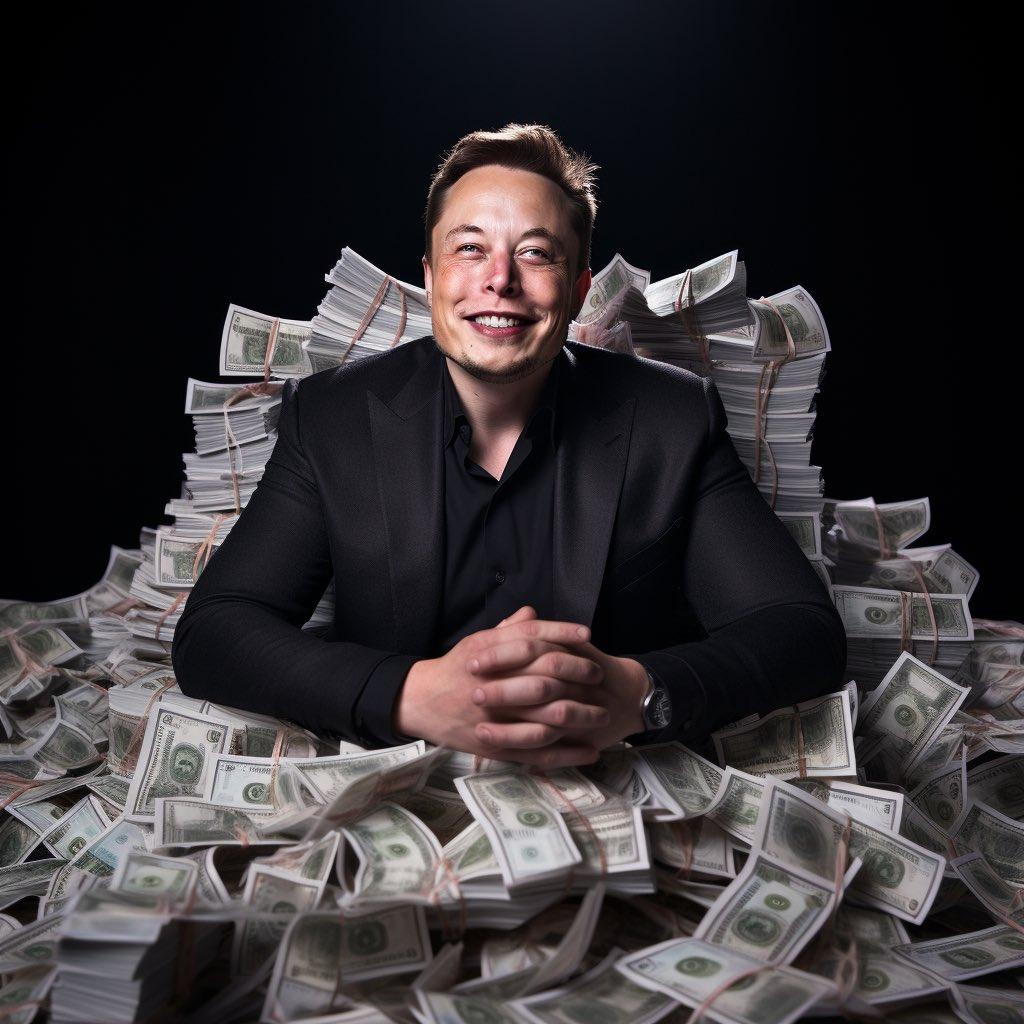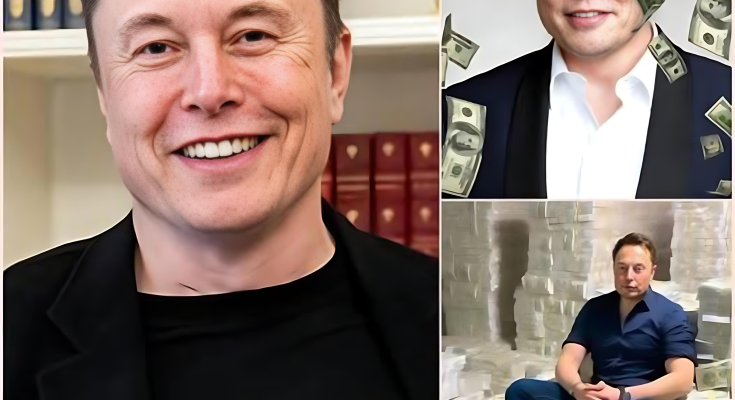
🔥BOMBSHELL: Imagine how many years it would take you to spend all the money Elon Musk has when recently announced the list of the RICHEST people in the WORLD, Elon Musk’s assets make the whole world dizzy 👇👇

Elon Musk has once again claimed the spotlight, not just for his groundbreaking ventures but for a fortune so vast it defies comprehension. As of May 2025, Musk has reclaimed the title of the world’s richest person, with his net worth soaring to an astonishing $423.4 billion, according to recent estimates. This staggering figure, propelled by the meteoric rise of Tesla, SpaceX, and his other enterprises, has left the world in awe and sparked a question: How long would it take to spend such an unimaginable sum? The answer is as mind-boggling as the fortune itself, revealing the sheer scale of Musk’s wealth and its place in the global financial landscape.
To put Musk’s fortune into perspective, consider this: if you were to spend $100,000 every single day—equivalent to buying a luxury car or funding a lavish vacation—it would take you over 11,000 years to exhaust his current wealth. That’s longer than the entirety of recorded human history. Even if you ramped up your spending to $1 million daily, an amount that could buy a private jet or a mansion, it would still take over 1,100 years to deplete his fortune. These calculations assume Musk’s wealth remains static, but with his companies continuing to innovate and grow, his net worth is likely to keep climbing, potentially making him the world’s first trillionaire by 2027, as some projections suggest.

Musk’s wealth is not just a number; it’s a testament to his relentless ambition and the transformative impact of his companies. Tesla, valued at approximately $925 billion, remains the cornerstone of his empire, with its stock surging in recent months due to advancements in autonomous driving technology and renewable energy solutions. SpaceX, valued at $350 billion, continues to redefine space exploration, securing lucrative contracts with NASA and private clients while pushing the boundaries of interplanetary travel. Meanwhile, xAI and X Corp, collectively worth $120 billion, are driving innovation in artificial intelligence and social media, further cementing Musk’s influence across multiple industries. Even Neuralink, though smaller at $8.5 billion, is making strides in brain-computer interface technology, adding to the Muskonomy’s total valuation of $1.44 trillion.
The scale of Musk’s fortune becomes even more striking when compared to other billionaires. His net worth surpasses the combined wealth of Amazon founder Jeff Bezos and Microsoft co-founder Bill Gates, two titans who have long dominated the billionaire rankings. Yet, Musk’s rise to the top has not been without turbulence. Reports indicate he lost $113 billion—roughly 25% of his fortune—in early 2025 while advocating for streamlined U.S. government systems, a move some hailed as patriotic but others questioned. Despite this setback, Musk’s wealth rebounded swiftly, with a $7.7 billion increase in a single day in mid-May, underscoring the volatility and resilience of his financial empire.
What does it mean to wield such wealth in today’s world? For Musk, it’s not just about personal luxury—though he could easily afford every imaginable extravagance. Instead, his fortune fuels his vision of a multi-planetary future, sustainable energy, and AI-driven progress. Critics argue that such concentrated wealth highlights global inequality, with some pointing out that Musk could theoretically give every child in Africa $1 billion and still retain a fortune larger than most billionaires’. Others, however, see Musk as a modern-day Thomas Edison, whose inventions and companies are reshaping the 21st century, creating jobs, and driving economic growth.

The fascination with Musk’s wealth extends beyond numbers to the imagination it sparks. Picture trying to spend $423.4 billion: you could buy entire sports franchises, fund space missions, or rebuild cities, and still have billions left. Yet, for Musk, the pursuit seems less about spending and more about building. His supporters on platforms like X celebrate his achievements, with some calling him a “true patriot” for his efforts to optimize systems and challenge conventions. Detractors, meanwhile, question whether any individual should amass such power, sparking debates about wealth distribution and societal priorities.
As Musk continues to dominate the 2025 billionaire rankings, his fortune serves as both a marvel and a mirror, reflecting humanity’s capacity for innovation and the complexities of wealth in a rapidly changing world. Whether he becomes a trillionaire or not, one thing is clear: Elon Musk’s financial legacy is as extraordinary as the man himself, and the world will be watching to see how he shapes the future with it.



